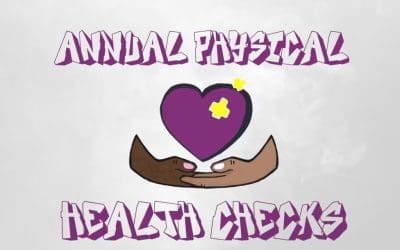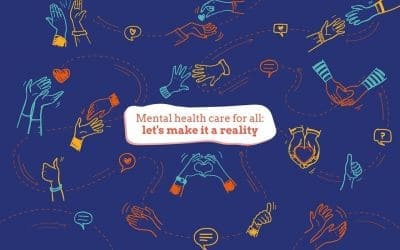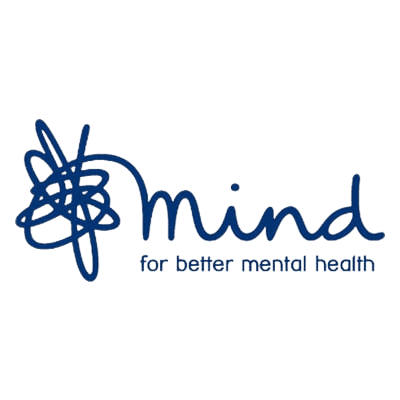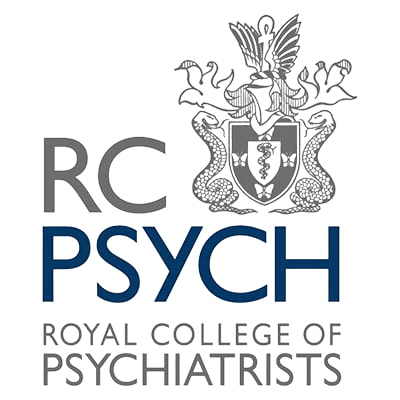Services
Bipolar disorder
If you think you may have bipolar disorder or already have a diagnosis, we can help. Find out more about the services we offer below.
What is bipolar disorder?
Bipolar disorder used to be known as manic depression and is a condition that affects your moods, which can swing from one extreme to another. If you have bipolar disorder you will have periods or ‘episodes’ of depression and mania.
Depression is where you feel very low and mania is where you feel very high.
Bipolar disorder is a relatively common condition with around one person in 100 being diagnosed with the condition. It can occur at any age, although it often develops in people who are between 18-24 years of age.
Getting help
Treatment for bipolar disorder
Treatment options for bipolar disorder
If a person isn’t treated, episodes of bipolar-related mania can last for between three and six months. Episodes of depression tend to last longer, for between 6 and 12 months.
However, with effective treatment, episodes usually improve within about three months.
Most people with bipolar disorder can be treated using a combination of different treatments. These can include one or more of the following:
- medication to prevent episodes of mania, hypomania (less severe mania) and depression. These are known as mood stabilisers and are taken every day on a long-term basis
- medication to treat the main symptoms of depression and mania when they occur
- learning to recognise the triggers and signs of an episode of depression or mania
- psychological treatment – such as talking therapies, which help you deal with depression and provide advice on how to improve relationships
- lifestyle advice – such as doing regular exercise, planning activities you enjoy that give you a sense of achievement, and advice on improving your diet and getting more sleep
Read more about living with bipolar disorder.
Our teams and services
Where to find us, and which services can help you.
Information for professionals
Referral information for Gloucestershire GPs and Healthcare Practitioners
Referral information for Herefordshire GPs and Healthcare Practitioners
News
Health Checks for People with Serious Mental Illnesses (SMI)
If you are aged 18 or over and have been diagnosed with a serious mental illness such as bipolar...
World Mental Health Day – 10 October
World Mental Health Day is led annually by the World Health Organisation, and is aimed at raising awareness of mental health issues.





